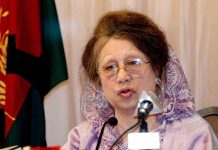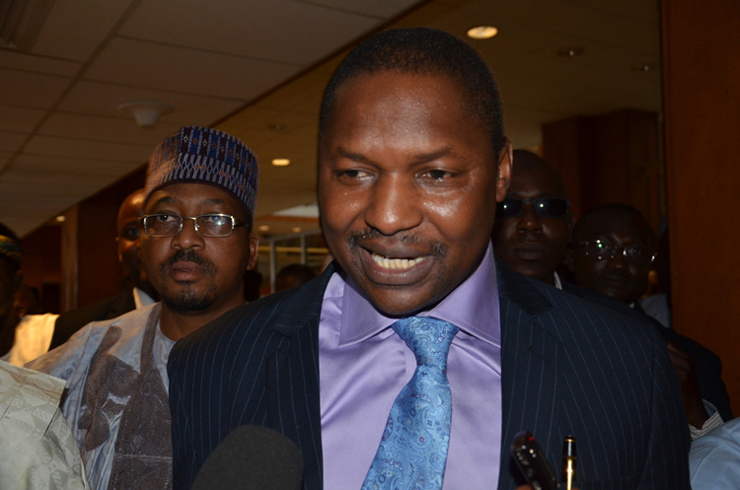The federal government spent N222.1 billion on fuel subsidy between January and July 2015 without approval from the National Assembly, despite the fact that the money was not contained in the 2015 Appropriation Act.
This was revealed during the presentation of the Permanent Secretary, Ministry of Finance, Mrs. Anastasia Daniel-Nwaobia, at the public hearing by the House of Representatives Committee on the Non-Implementation of the 2015 Capital Budget.
The chairman of the committee, Hon. Aliyu Pategi (Kwara APC), expressed displeasure at the development, adding that such extra-budgetary expenditure had remained issues of concern to the parliament, and queried the source of the approval for the expenditure.
“Appropriation is an Act, and we insist on its implementation, we want to know where there are the challenges. But to spend monies such as the N222.1 billion without recourse to the parliament is not acceptable to us,” Pategi said.
Pategi also queried the loan of N615.96 billion from the Ways and Means Account at the Central Bank of Nigeria (CBN) without recourse to the National Assembly.
He directed the finance ministry to provide details in a position paper to be submitted to the clerk of the committee within the next two days.
Speaking on the Treasury Single Account (TSA), Pategi said the National Assembly would consider a review of the law establishing some of the revenue generating agencies, so they could retain some portion of their revenue like the Nigerian Customs Service which retains seven per cent of its revenue and remits 93 per cent to the Federation Account.
“For instance, last year the Nigeria Ports Authority collected N161 billion, they spent all of it and remitted only N1 billion… These agencies belong to the people, you cannot spend these monies without recourse to parliament,” Pategi said.
Representing the permanent secretary, the Director General, Budget Office of the Federation, Mr. Aliyu Gusau, said he did not have enough information on the expenditure.
On the loan secured from the CBN, Gusau said: “This is an item under contingency funds, but it allows for room to take loans and things like that, but I am not too conversant with the details.”
Also speaking on the JP Morgan’s delisting of Nigeria’s bonds from its emerging market index, Gusau informed the committee: “In January 2015 JPMorgan placed Nigeria on an index watch as a result of their concerns in the operations of our foreign exchange market, namely liquidity for transactions, plus the fluctuations in the exchange rate and lack of a fully functional two-way forex market.
“However, the finance ministry, the Central Bank of Nigeria (CBN) and the Debt Management Office (DMO) will continue to ensure a stable forex market. We have assured JP Morgan and other investors that the market for FGN bonds remain strong and active due primarily to the strength and diversity of the domestic investor base.”
He disclosed that the recent S&P rating affirmed Nigeria at B+ due to transparency in doing business, and added that the Fitch rating was being awaited.
The Deputy Governor of the CBN, Mr. Sulaiman Barawu, in his presentationm explained that the Ways and Means Account is approved by law as contingency for the federal government to borrow from to fund its deficit by up to five per cent of the preceding year’s revenue.
He added: “What JP Morgan wanted us to do is to allow uncontrolled devaluation of the currency. We think that is harmful to the economy,” noting that the CBN believes the naira is appropriately priced to the dollar at N197/$1.
The House committee also expressed its displeasure at the continued absence of the finance ministry’s permanent secretary for the third time.
Pategi described her absence as “negligent”, adding that while she had responsibilities to the president of the country, she also had a responsibility to Nigerians through the National Assembly.





![A New Year, A Deeper Beginning, By Valentine Ozigbo [MUST READ] Valentine Ozigbo, Anambra State, New Year](https://www.thetrentonline.com/wp-content/uploads/2021/07/Valentine-Ozigbo-Official-Landscape-2-scaled-e1626791463322.jpg)





